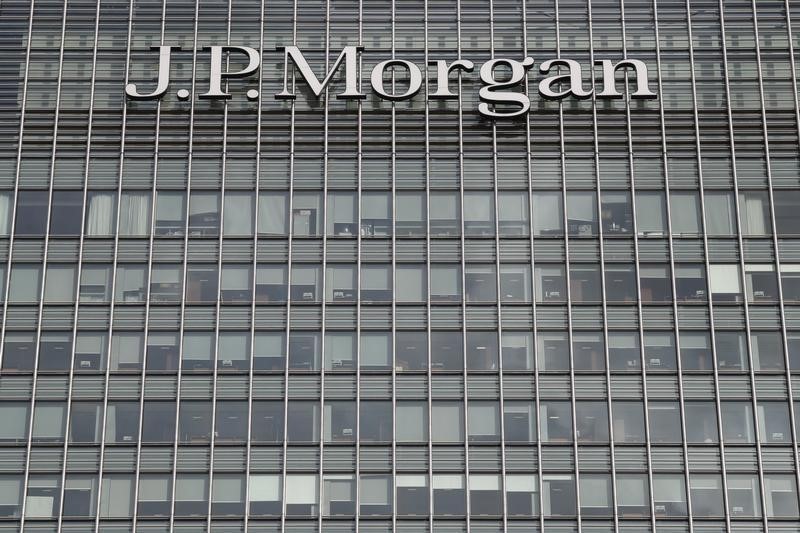Quiver Quantitative - JPMorgan Chase (NYSE:JPM) (JPM) CEO Jamie Dimon reassured investors on Wednesday that he and the bank's board will "do the right thing" regarding his succession plan. Dimon, who has led the largest U.S. lender for over 18 years, stated his timeline for stepping down could be within the next two and a half to four and a half years, depending on the board's decision. He praised the bank's strong management team and highlighted key executives as potential candidates for the top job.
At the recent investor day, Dimon mentioned several senior JPMorgan executives who run major divisions as potential successors. These include Jennifer Piepszak and Troy Rohrbaugh, co-CEOs of the commercial and investment bank, as well as Marianne Lake, CEO of consumer and community banking, and Mary Erdoes, CEO of asset and wealth management. The bank plans to separate the chairman and CEO roles when Dimon steps down, according to a regulatory filing earlier this year.
Market Overview:
- Jamie Dimon outlines succession plan timeline, indicating 2.5 to 4.5 years before stepping down.
- Key JPMorgan executives named as potential CEO successors.
- JPMorgan plans to split chairman and CEO roles in future leadership transition.
- Dimon warns about the risks associated with private credit from non-bank lenders, predicting issues will arise but not pose a systemic risk.
- JPMorgan has allocated $10 billion for private credit, with potential for significant growth based on demand.
- Dimon highlights the strength of U.S. consumer finances and low losses in credit and mortgages.
- Investors will monitor JPMorgan's leadership transition and the performance of named CEO candidates.
- The private credit market's development and its impact on small businesses will be closely watched.
- JPMorgan's financial health and NII sustainability will remain key areas of focus for analysts and shareholders.
Dimon also addressed concerns about the growing market for private credit from non-bank lenders, cautioning that problems will eventually arise, primarily affecting small businesses. He emphasized that while private credit issues won't pose a systemic risk, there will be stranded borrowers when the market turns. JPMorgan has set aside $10 billion for private credit, with plans to increase this amount depending on market demand.
Additionally, Dimon noted the robust state of U.S. consumer finances and the low loss rates in credit and mortgages. However, he warned that the current surge in net interest income (NII) is not sustainable. JPMorgan expects NII to reach $91 billion this year, excluding its markets division, but Dimon cautioned that such high levels are unlikely to continue.
This article was originally published on Quiver Quantitative
